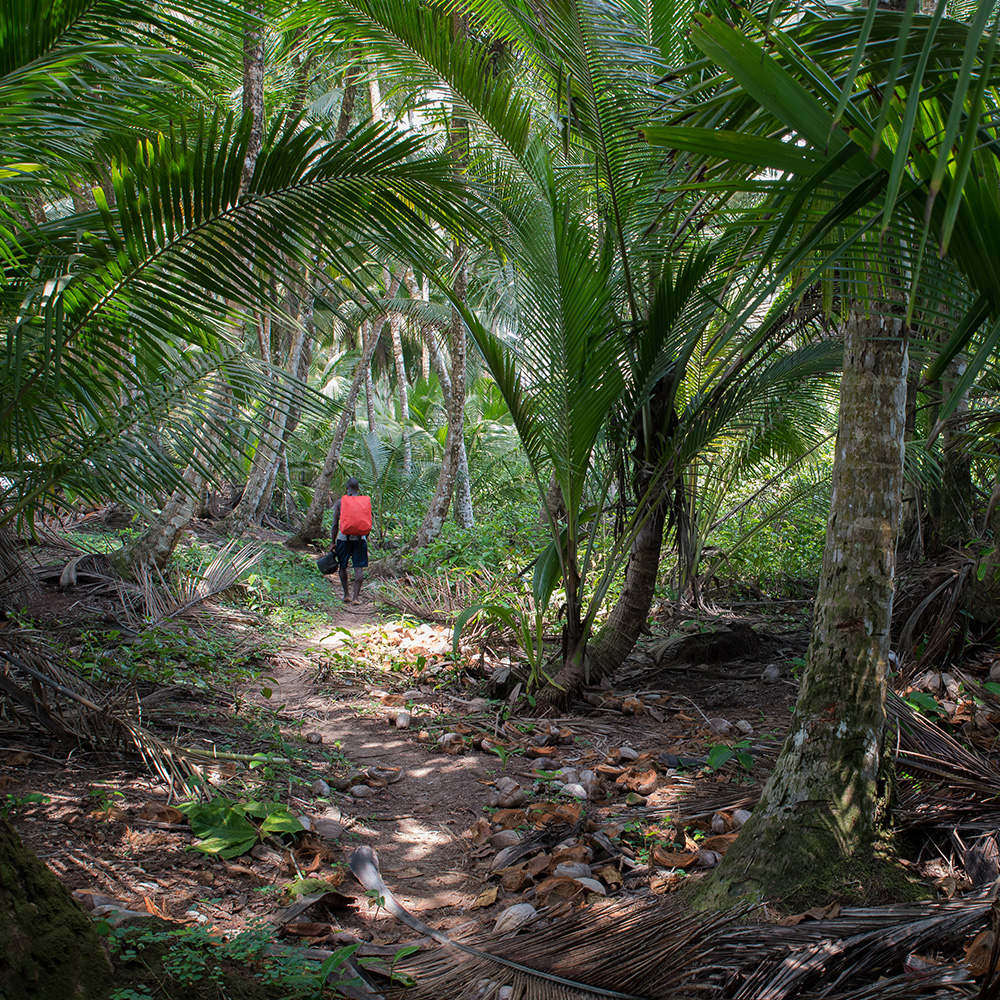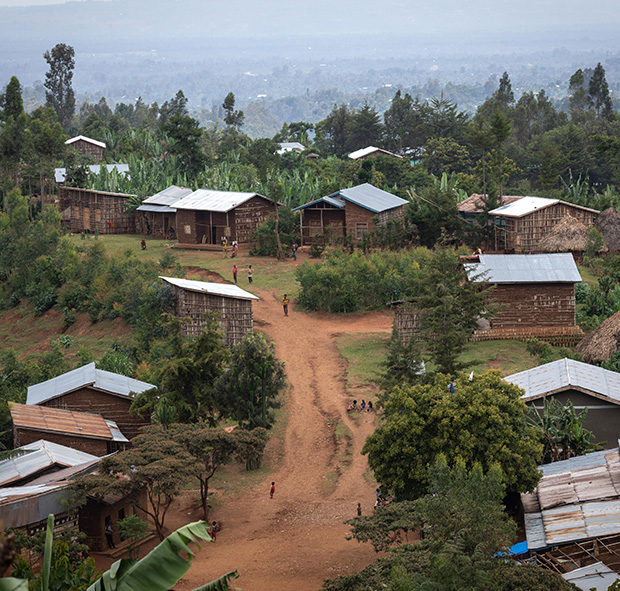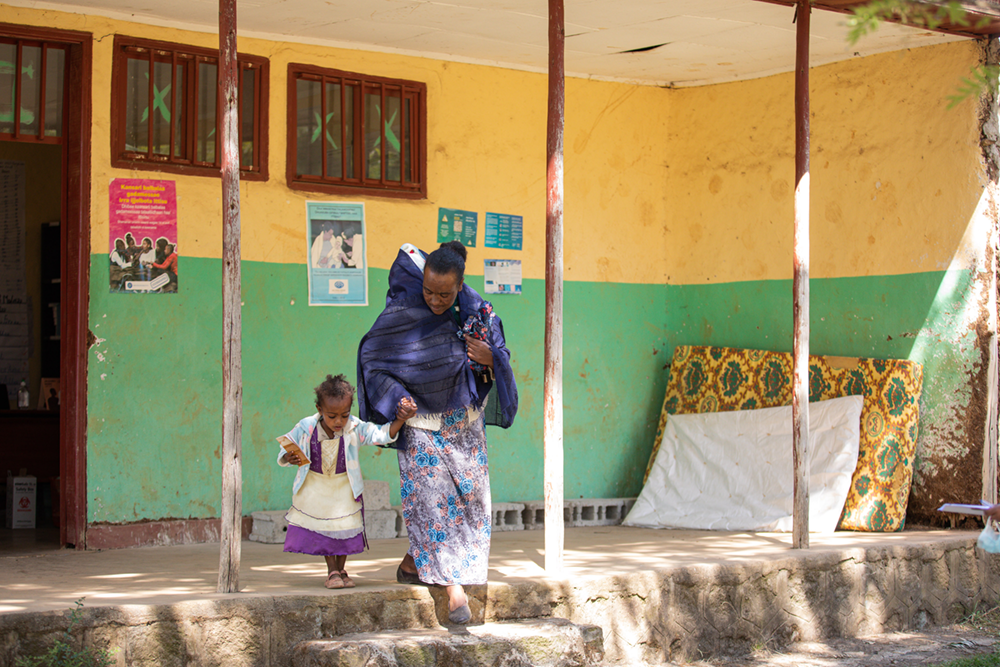Blog Post
“The climate crisis is a health crisis”: Reflections on the critical role of community health workers in a changing climate
Climate change is the greatest threat to global health, and disproportionately impacts the health and well-being of vulnerable communities. Strong, integrated community health programs are an essential tool to help vulnerable communities adapt to the health impacts of a changing climate.
More than three billion people are “highly vulnerable to effects of climate change” – primarily in low- and middle-income countries that have contributed the least to greenhouse gas emissions. In Africa, floods have increased tenfold, severe storms have quadrupled, and droughts have tripled since the 1970s – twice as fast as for the rest of the world.
For rural and remote communities, the impact of these extreme weather events is especially acute. Drought exacerbates malnutrition crises. Flooding and extreme temperatures lead to a greater burden of diseases like cholera and malaria and can make travel to clinics for routine care like prenatal check-ups and child immunizations nearly impossible.

Strong, integrated community health programs are an essential tool to help vulnerable communities adapt to the health impacts of a changing climate.
At Last Mile Health, we work with governments to equip professional community health workers to serve the world’s most remote communities. We’ve seen firsthand the difference this makes against threats like malaria, Ebola, and COVID-19. And we are seeing the difference it makes in communities experiencing drought, flooding, and weather-driven disease outbreaks like cholera.


Community health workers are addressing the health impacts of a changing climate by:
Alongside investments in climate mitigation, investments in solutions that support climate adaptation are essential. Professional community health workers address the health impacts of a changing climate and supporting climate adaptation in vulnerable communities around the world.
Now, more than ever, a proCHW workforce is not a nice to have. It is a necessity.
Telegraph op-ed by Malawi President Chakwera on the essential work of building a resilient and sustainable health system.
Signed by 123 countries, the Declaration marks a world first in acknowledging the need for governments to protect communities and prepare healthcare systems to cope with climate-related health impacts such as extreme heat.
To bring a health worker within reach of everyone, everywhere.
SUPPORT OUR WORK >